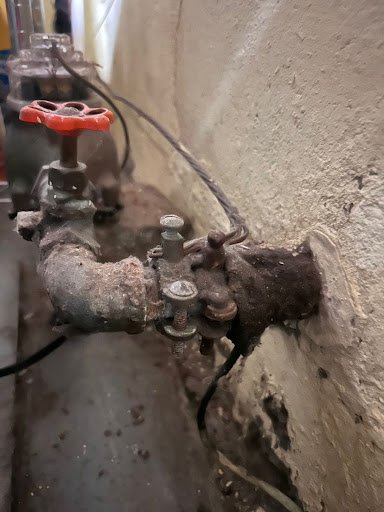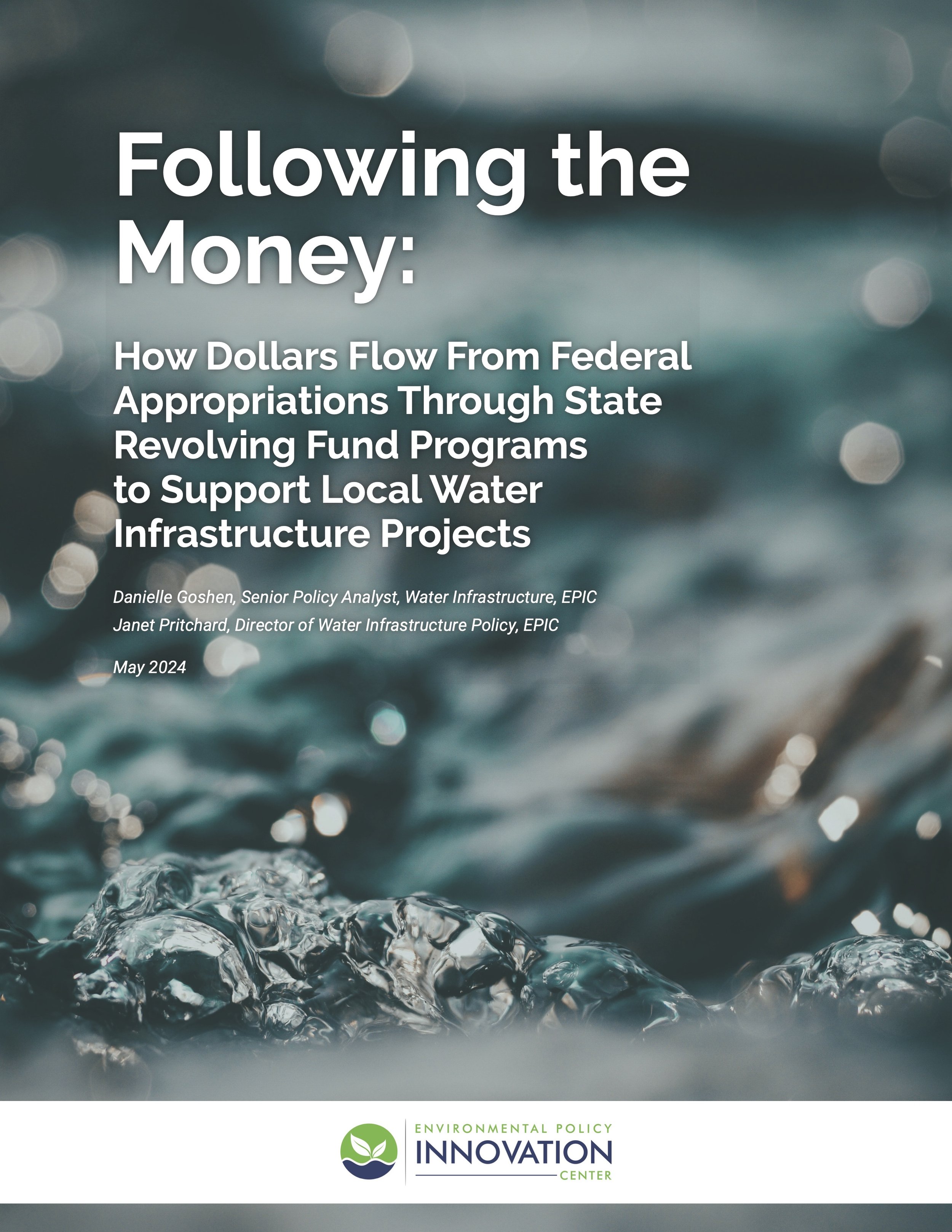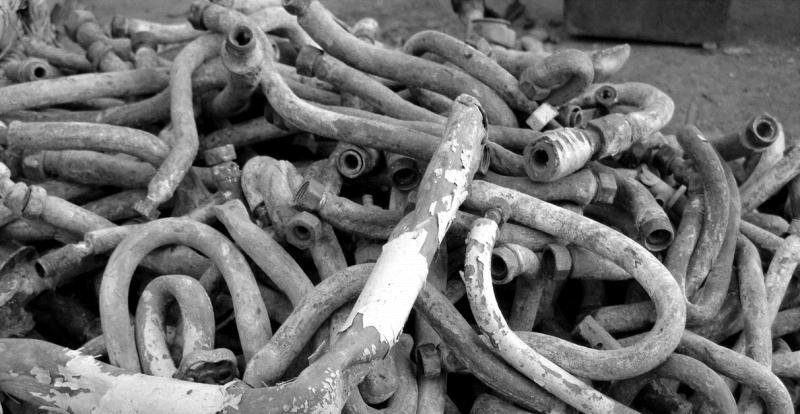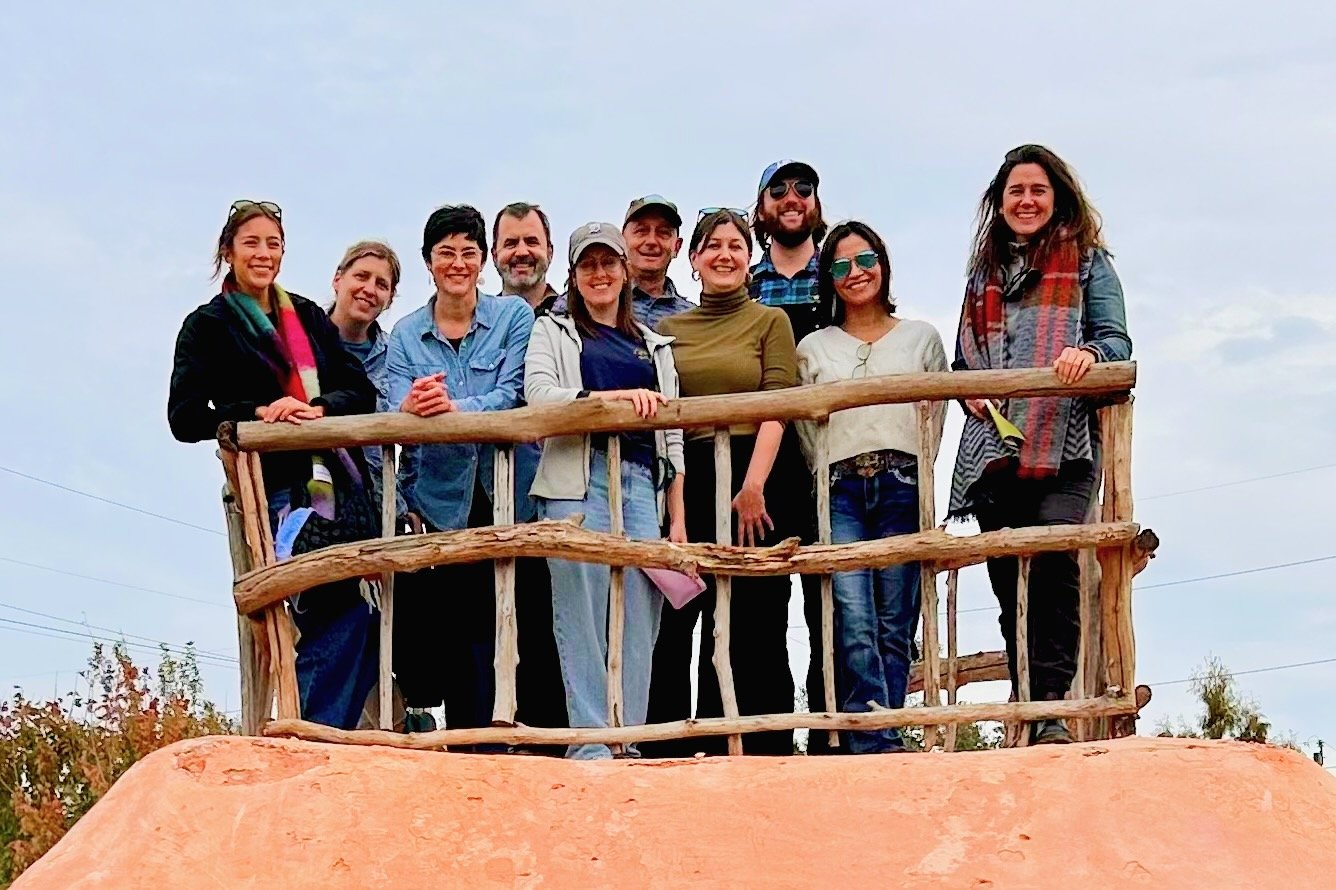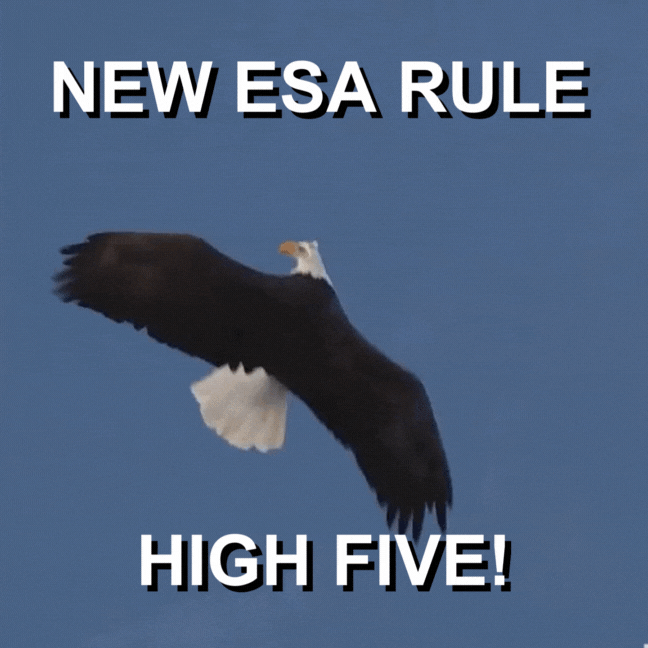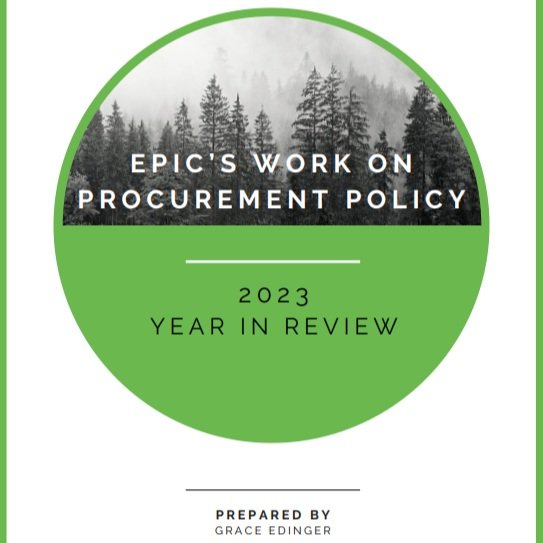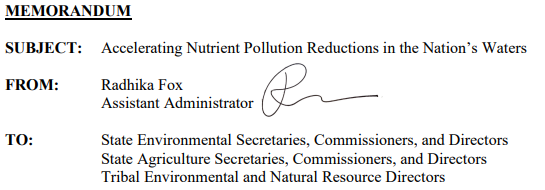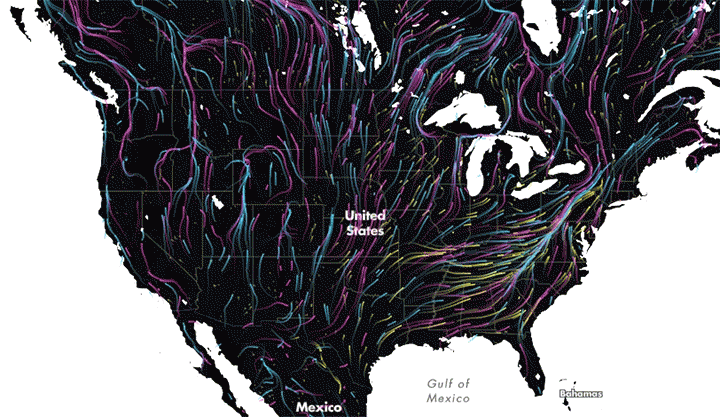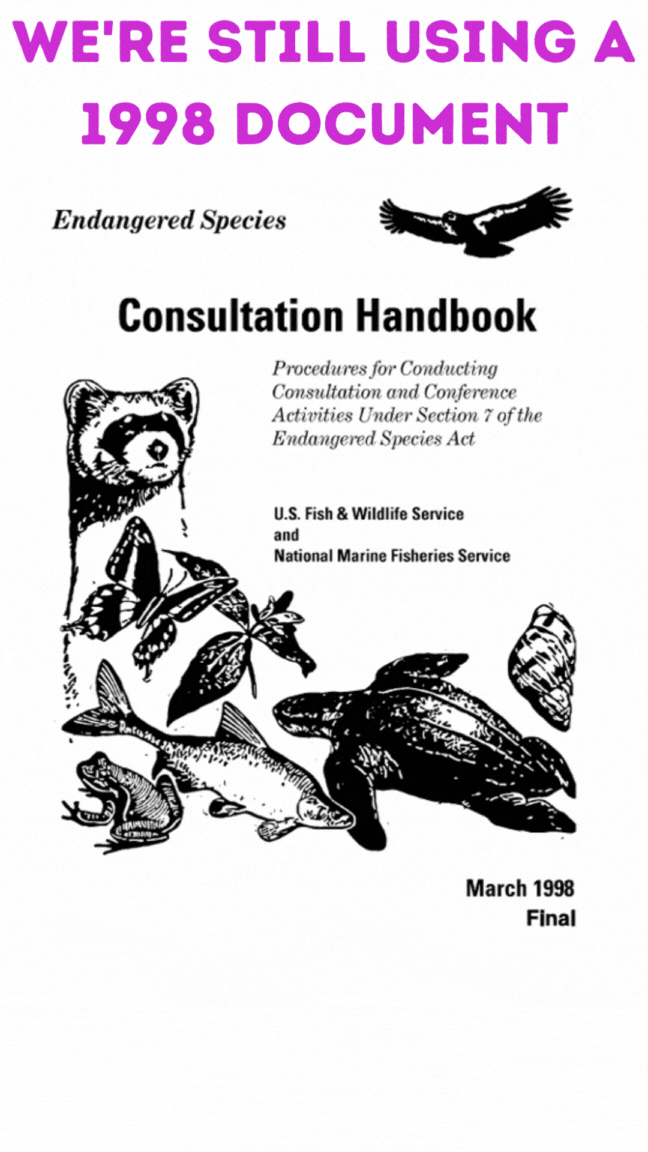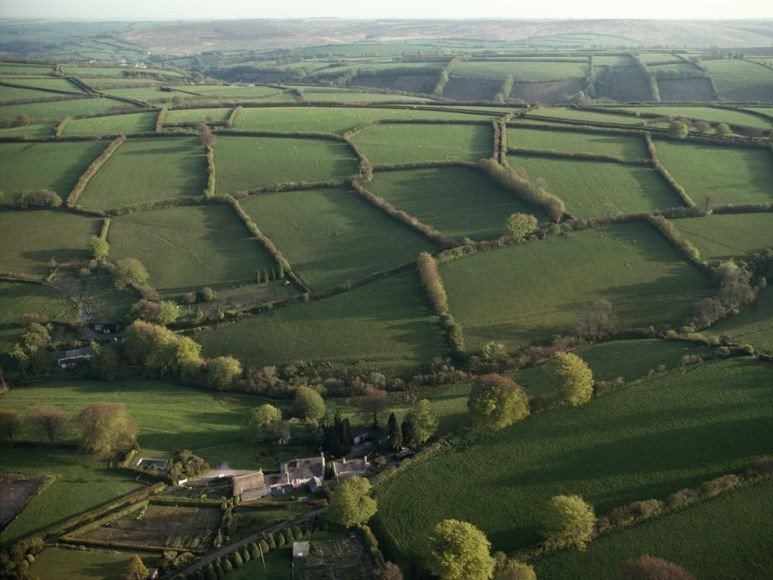Water Infrastructure
Restoration & Mitigation
Technology
Procurement & Finance
Since enacting the Conservation Finance Act in 2022, Maryland agencies have begun to implement it and attract greater private investment in conservation.
What is motivating biocredit buyers at this early stage as the market is in development? Why would corporate buyers and other entities be interested in investing in migratory songbird or salmon credits? What’s in it for them? Today the BCA released a new issue paper, “Demand-side Sources and Motivation for Biodiversity Credits'' that untangles some of these incentives and rationales.
Agriculture
Everybody’s talking about environmental sandboxes. What are they, and maybe more importantly, what aren’t they?
Since enacting the Conservation Finance Act in 2022, Maryland agencies have begun to implement it and attract greater private investment in conservation.
New report evaluates the last three years of efforts developing Midwest watershed partnerships
New report examines the challenges to administratively scaling the Regional Conservation Partnership Program
The Susquehanna River Basin Commission announced today the opening of its application for proposals offering cost-effective reductions of nutrient pollution entering the Chesapeake Bay from the Susquehanna watershed.
Mason City and Forest City sign innovative agreements to pay farmers to improve water quality.
Third and final in a series, this blog explores how USDA can tweak existing programs to speed up delivery of conservation money in the Inflation Reduction Act.
A project to illustrate which watersheds and cities in Iowa are closest to meeting their nutrient reduction goals from municipal point sources
Second in a series, this blog explores how USDA can use emerging technologies to speed up delivery of conservation money in the Inflation Reduction Act.
First in a series, this blog explores how USDA can use outcomes purchasing to speed up delivery of conservation money in the Inflation Reduction Act.
One month ago today, Pennsylvania passed the country’s second legislatively-authorized clean water outcomes procurement program
In New York state, a clever partnership between the city of Syracuse and upstream farmers has managed to significantly clean up the Skaneateles Lake
Endangered Species
What is motivating biocredit buyers at this early stage as the market is in development? Why would corporate buyers and other entities be interested in investing in migratory songbird or salmon credits? What’s in it for them? Today the BCA released a new issue paper, “Demand-side Sources and Motivation for Biodiversity Credits'' that untangles some of these incentives and rationales.
Yesterday, the Fish and Wildlife Service (FWS) released an Advanced Notice of Proposed Rulemaking (ANPR) on Compensatory Mitigation Mechanisms. We provide initial reactions here.
All Posts
Restoring Los Angeles: Opportunities for Indigenous Leadership After Wildfires
EPIC submits ESA Sec. 4D comments to increase tribal sovereignty in natural resources
Versatile purpose: New IRT workbooks offer additional resources for Tribal Compensatory Mitigation
New IRT workbooks offer resources for tribal compensatory mitigation
New Report: Promoting Tribal Roles in Providing Compensatory Mitigation Offsets
Breaking News: Species Banking ANPR Released
Yesterday, the Fish and Wildlife Service (FWS) released an Advanced Notice of Proposed Rulemaking (ANPR) on Compensatory Mitigation Mechanisms. We provide initial reactions here.
Three changes to the mitigation rule to enhance successful tribal compensatory mitigation programs
How can tribes use mitigation banking for economic development?
How can tribes use mitigation banking for economic development?
Visualizing Tribal Mitigation Opportunities in the Colorado River Basin
An interview with EPIC tribal mitigation fellow, Mariah Black Bird
An interview with Tribal Mitigation Fellow Mariah Black Bird










